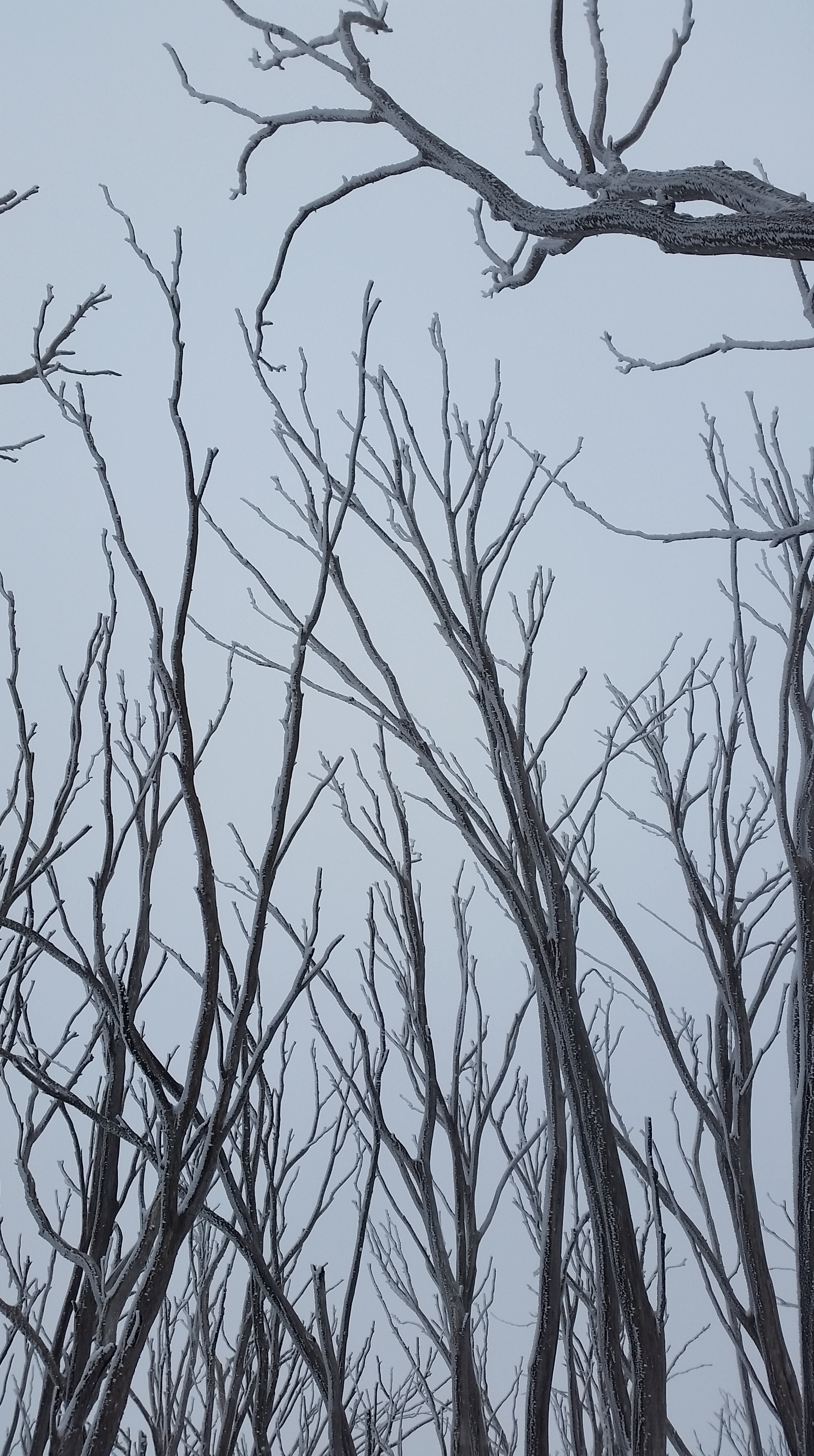
August, 2052.
We are the few who remain untouched. Virus free, and never infected. They call us the Pure Bloods.
No-one knows why we’ve been spared from the sickness, and the impairment it causes. Whether it was by chance or design. But since the day they realised a cure would elude us, we have been revered and protected.
There has been no medicine for this pestilence, only avoidance and preservation. The search for a vaccination continues, and after so many years of waiting all the Pures are reaching the end of their lives. We are the elders within the dwindling population, and I worry that the cure may never come to save the ones who remain. I believe there’s still enough time for a miracle. But we need it soon.
We are the last of all of the Pure Bloods, and the future lies with us. As an uncorrupted archetype, we have lived the longest. Long enough to grow old, unlike so many others; but our numbers are diminishing. Deep within our DNA we must carry the solution, and when we are gone they may not have another chance to find it. Time is running out for us, and for all of humanity. We must stay alive to save them all, and hope they can find the answers.
If they fail, I implore you to keep on trying after we’ve gone in the hope that you can do better. You, for whom I leave my story, because I am the last of my kind. Someone will need to know we were here.
I may be an old woman, yet my mind is clear; and I remember everything. Even the things I think they would rather I forget.
Every year the skies get quieter, except for the birds each morning. It’s only the drones and helicopters I notice overhead, their criss-crossing patrols, their endless checks and surveillance of us. Or the garbage trucks on the road, and the daily slow-moving hum of the street cleaning wagons with their ritual of washing and disinfection. Surely by now the virus is impervious to all of these chemicals?
Four score and seven. That’s how I like to think of my years on this earth. It makes me feel younger if I don’t think about how many decades have passed since that terrible year. The Arising. It was 2020. And we were entering a new world.
It was the culmination of everything we had done in the past, and all of the things we had failed to do. A beginning of sorts, but really the start of a slow decline as we fell, like a landslide, into our future.
It happened so much faster than anyone could have expected.
Li Wenliang was our Obi-Wan. Of course, you may not know what I mean by that. You won’t have seen the big screens or the concert stadiums; the gatherings we had before The Arising. The collective roar of so many voices in one place. It seems a lifetime ago; and for you I suppose it is. Our movies were filled with idealistic and romantic notions. Stories of a different future; one in which we voyaged into the distant galaxies with Jedi warriors, not languished in the arms of our suffocating blue planet.
So, yes, Li Wenliang was our Obi-Wan, the prophet who tried to warn us all; the Doctor who worked at the Wuhan Central Hospital in China. He was castigated for disturbing the social order, and for making false comments when he began to spread the word about a virus he had never seen before. It was rampaging through the population; a contagion which could not be stopped. He died shortly after it all began, at the age of 34, but his name is engraved in legend. He is the first of the Disappeared. The official first. A name which is not forgotten, though there are doubtless many faceless numbers who preceded him. All gone. And silenced. Like Li Wenliang. I know people who remember him, who lived through that first outbreak, and who are still alive to speak his truth.
The ones who met him, they are the most hunted. Dedicated to preserving the facts, they are fiercely protected by an army of believers who seek justice for all mankind. Still hopeful that one day it will be served. That those responsible will be punished for their crimes against humanity.
When the wearing of masks became law, the social isolation became far worse. A faceless community. Not even a smile could be shared. With only eyes unveiled, even the men began to adorn their faces, enhancing their brows with colour, making the most of their hair. Mask designs became a statement, either to draw attention or to blend-in. A message to wear on your face instead of an expression. Some also wore a photo ID on their collar, in order to retain a sense of self, to reveal their identity and to show who they were underneath the mask. People seemed desperate to connect. Deprived of any form of closeness, intimacy or touch, the eyes were all we had left. You never saw a person wearing sunglasses anymore.
We all believed the masks hid the many sadnesses they caused. But no-one collected data for this, or tried to quantify something which couldn’t be seen.
The recurring segregations and bans were a temporary measure in the beginning, to halt the proliferation of the infection clusters. But three decades later, I think they implement them to see if they can still get a foothold; a slight downturn in the transmissions. After so much time, everyone knows it’s pointless, and I suspect it’s about ticking boxes. To make it look like The Federation is doing something. As if they have any sort of control out there.
We always hoped someone would bear witness to the existence of the laboratory at ground zero, and prove it was where the propagations had occurred. We needed someone brave enough to be an informer. To offer their testimonial during the hearings. Many believed there was such a place, but said it was only for observation and study. Others thought it was the site of a mishandled test, where fatal flaws or a safety breach had taken place. Compromised infection-control, that sort of thing. Some denied there was ever such a place.
Many countries called for an international investigation, while there was still time to gather any evidence on the ground, but all the travel bans meant any sort of forensic examination was out of the question, and it became a squandered opportunity. The search for clues was deferred for so long that the entire location had been wiped clean by the time the enquiry began. Once a crime scene has been contaminated, or the case grows cold, the hope of prosecution grows ever distant. The search for proof just became another unanswered question.
So was it man-made or a freak of nature? Even my opinions changed from black to white over the years. Either way, the infection which descended upon us in 2020 settled onto our lives like a radioactive contaminant. Unseen, and polluting everything.
Communication beyond your borough is not encouraged anymore. Each region is preserved like an enclave, and no-one should be straying too far outside the community boundaries. To be precise, it isn’t policed, but it is discouraged. The Federation’s stance is that it spreads dissatisfaction; the potential to see what others have, and you may not.
We lack many things, living in such isolation, but few of these deficiencies relate to material comforts. Ask anyone. What we miss is connection, and the warmth of others. All of us are starved of touch.
Despite the distances between us, there is no lack of information; but its veracity can’t be guaranteed when it comes from so many different sources. Details are embellished, fabricated, and omitted. The truth is skewed. Fake news. That’s what they used to call it in my day. It was The American Narcissist who coined the phrase. Yet he was the biggest liar of them all. Especially to his own people. I heard they made a monument in Washington – not to remember him, but to mark the millions who died on his watch. I like to use that phrase, On His Watch. You probably know nothing of that either; all of the sitcoms, the dramas, and the crime shows we used to follow. You may think television is a waste of time, but we always had room for leisure in our easy and comfortable lives; and there were entire networks available to waste our precious days.
We had never really known any hardships or depredations. Not like those before us, who had known true adversity. The suffering of war and anguish of battle, the pain of being removed from home and family, across the oceans, with little more than letters to keep their hope alive. Months of fear and loss during all the stolen years of their lives. We had never been subjugated like that, or tested to the limit of our endurance. Which is why we felt the restrictions to our freedom so keenly, and found it difficult to comply. It’s why we struggled to wait patiently in our homes; safe, but lonely, in our beds when the contagion came. Our distress was the loss of our innocence. And the forfeit of our liberty.
The damage to our DNA, the way the virus was expressed in our genes with such subtlety, was largely overlooked in the beginning, during the containment. So much panic and disruption. But we had the wrong priorities. Our fear was misplaced, focussing on the economy and lost trade. Material losses, rather than the microscopic injury which was simmering away underneath the skin. The structural changes to blood vessels, the impairment and scarring of the lungs and heart. Pneumonia and organ failure. The subtle ravages of injury at a cellular level. It took some time for all the systemic damage to become apparent, and to understand how it would affect us in the long term, but as we focussed on keeping the social order it was wreaking irreparable damage. The clock was ticking.
By the third year we had splintered into four distinct groups: The Complacent, The Disbelievers, The Extremers and The Compliant. Only the latter two survived into the longer term. The Extremers were always the most fanatical, the zealous ones who not only stayed within the boundaries, but who also reinterpreted the laws and made them more extreme. The doomsday preppers were amongst their numbers, but mostly they were a mix of the fearful, the paranoid and the rule keepers. They began as a splinter group of The Compliant, but wore their abstinence like a badge of honour. Their writings were about self-preservation from the outset; a dangerous cult of intransigents founded on mis-information, myth and fake news. Unnecessary to go that far, but it fed their belief they’d be saved, as indeed they were. And like all gangs they wear their badges with misplaced pride.
I have no complaints about our life on the reserve. We are well cared-for in the estate, and we have the constant patrols beyond the perimeters to keep us safe. Sometimes the sound of an armoured vehicle rumbling-by outside our residence sounds so much like an aircraft that those who remember look up to the skies with hope. Seeking the soft, white vapour trail of a jet.
But it’s rare to see a passenger plane now. Those days are long gone. Only the elders remember crossing the continents from above, high in the cloud, on a parabola above the earth. It has been a long time since I saw the world from the air, but I too was a traveller once, crossing borders, vast oceans and distant countries. We were not bound to the place of our birth back then. Have I already mentioned I came from somewhere else?
Yes, I am a citizen of another place and time. A tourist and a voyager who was allowed to make this place my home. We had passports then, to pass through the ports of our choosing, with only an advance request or a visa. We were free to go where we pleased if we had the money and time.
I am blessed to be a Pure Blood; I am truly one of the lucky ones. Included in the register at The Arising, herded together with all the other Pures, despite my lack of fecundity. Even then I was well-past breeding age. But there were so few of us, they decided to keep us all. They could use us for other purposes. Analyse and examine us. Draw our precious blood.
As global resources have dwindled in recent years there has been talk, again, of a cull; the exclusion of those in their twilight years, like myself. But the laws are there to protect us, and even at the age of 87 they dare not touch me. It is an age I thought I’d never see.
We are much studied. Visited often. Our white vestments are like a uniform or habit; a religion of sorts, I suppose. We are the saved, but also the saviours. We hold the past in our DNA, but it’s hoped we might hold the building blocks of the future too, if only they could crack our code. It makes me feel useful. A thing to be decrypted and decoded. But in my heart I wonder if the future holds a place for humankind. Such self-aggrandising notions that we’ve always held, inflating our importance, believing ourselves to be the caretakers of the world. A job in which we’ve failed.
The Pures have a special dispensation for food, although my Guide finds it strange that I still take pleasure from eating. All the younger ones prefer to drink their potions and take their pill instead. My antediluvian customs seem quite primitive in their eyes. But I like to have a meal when I can. The sulphurous smell of an egg, the freshness of a sliced cucumber, the crisp crust of a bread roll. I’m sorry, I forget you may never taste these things. But they remind me of the old days, when we used to dine in restaurants and share a supper with our friends.
I feel the disapproval of the young ones, even though they say nothing. Each generation looks down on the one that went before, and picks – like crows – on the carcass of their elders’ mistakes; forgetting it is the gift of hindsight which can afford them such wisdom. We thought it was the right way to feed a hungry world. I can see now how we could have done it better.
These days the soil refuses to co-operate, withholding its nutrients from the few crops we try to plant. Food is scarce. I do not take for granted the concessions they have made for us. While others do without, we are allowed an evening meal. It is a finite privilege, and when you are old you take your pleasures where you can.
The winters are fierce despite our southern latitude, and every year they say it may be our last as resources and provisions dwindle. For those without power (and heat) it means another wave of deaths. The majority of us are philosophical. Fewer mouths to feed. A chance to stave-off the inevitable for a little longer.
The world is yet to shrug us off, although it will not give up trying. We are the annoying itch it cannot reach, the parasite it tries to starve. Earthquakes, lava-spewing volcanoes, tidal waves and excessive rains. The cycle of drought and flood and fire in which we are parched and drowned and burned. Yet we grimly hold our course: the self-appointed Gods who cannot countenance their own death, even as they self-destruct. Who must not lose their throne, but who have already lost their grip.
I can’t be the only one who looks to a world without us. To a time when it has long outgrown us, when we are buried deep in the sediment, in eons yet to pass. Carbon dated, like the dinosaurs.
Nature worries at the wounds we’ve left upon the earth’s surface, grassing over all the streets and reclaiming what we’d cleared. New ecosystems taking residence in our cities, and repopulating our oceans, given we no longer roam or foul them with our litter.
Many of us had never heard of Wuhan before The Arising, but I have often reflected on those first few weeks, and how it all began. In my heart I believe the animals set this all in motion. They were not to blame, they were simply fighting back. Changing the food chain forever. Taking action and ending our abuse of power. I mean, look at where the virus was able to thrive so easily, in the abattoirs and animal markets. The contagion shut them down, it ended the mass farming, and halted the clearing of the forests. The animals had taken a stance.
I am told they have reclaimed the prairies in The Americas, running free, where the grass is lush again. They grow bolder. Even the birds sing louder, knowing there is something wrong in the empty cities and deserted streets. I hear in many countries the animals will soon outnumber the people. Survival of the fittest; so it must be true, we are not amongst the strongest anymore.
Over time we have become a satellite of demarcated, closed societies. A long time ago we called them postcodes – when we had a postal service, and daily deliveries to every household. Before they stopped supplying all the paper.
As a girl, I remember waiting for that special envelope in the mail. The young ones now know nothing of waiting, with everything received in real time. So many digital messages, and nothing for them to keep.
I think there used to be an elegance to the sharing of correspondence. The choice of paper and the quality of the ink. The familiarity of the handwriting. A batch of love letters tied with a ribbon. I still have a few. Oh, how I miss the sight of a lover’s script on the page, the words of tenderness and yearning from a young man’s heart. You may smile at an old woman’s memories, but I wish you could know those things.
In our societies now there are no human rights. Only applications and petitions. Beseech or apply, that is your only right. For the most part there’s a status quo. Largely because most of the dissenters are gone – dead or missing. We may never know for sure what happened to them, except that they are no longer with us.
The years pass. Our winters seem colder and more damp each year. But perhaps that’s because I’m old. The summers are always drier and more unforgiving; the climate punishing us for our careless past. None of us did enough. Many of us did nothing.
I hope the young ones see a piece of history when they look at me, and not just the body of an old woman. Because there are so many who have come to see me with their tests and needles, looking for a cure. When I am gone my memories will be like an unread book; and so I tell each of them who come to visit, hoping they will survive for long enough to keep my stories safe.
I stopped them cutting my hair many years ago, which my Guide thinks is an increasing labour every morning. But I enjoy the ritual of grooming and braiding, the warmth across my skull when I venture to the outside.
You will be surprised by this; that we should still go out. That they will let us. I may be old but I am agile, and I have always been healthy. I can walk as far as you can see, and I go further when they are not looking my way.
Most of them will never see us outside, in the places where we take the sun; where our Guides carefully mete-out our privileges and document our graceful slide into senility. I have been confined to the estate for so many years that it is a home, of sorts; mingling only with the other Pures, and at the whim of all the latest scientific trials.
We are the test subjects for each wave of researchers and experts who bring a fresh perspective with their new ideas. The eagerness with which they come, and the light of hope I see in their eyes makes me feel young again. It gives me faith. It makes me believe it isn’t over.
Of course, our safety is their future. They are careful with us, the precious cargo of another era. We may be the last few who die in our sleep and not from the sly destruction of this insidious disease. It is not lurking in the air. The virus needs its own estate in which to live. So there is no danger in the outdoors, only from the people who are in it.
By the time you read this it may all be over, but for now we can only watch as they abstain; while they wait in the solitude, and keep their dreams to themselves. I have earned my unmasked life. I am a Pure Blood, the last of my kind. I may hold the future in my hands, or take it with me to the grave.
If they have failed, then it is up to you.
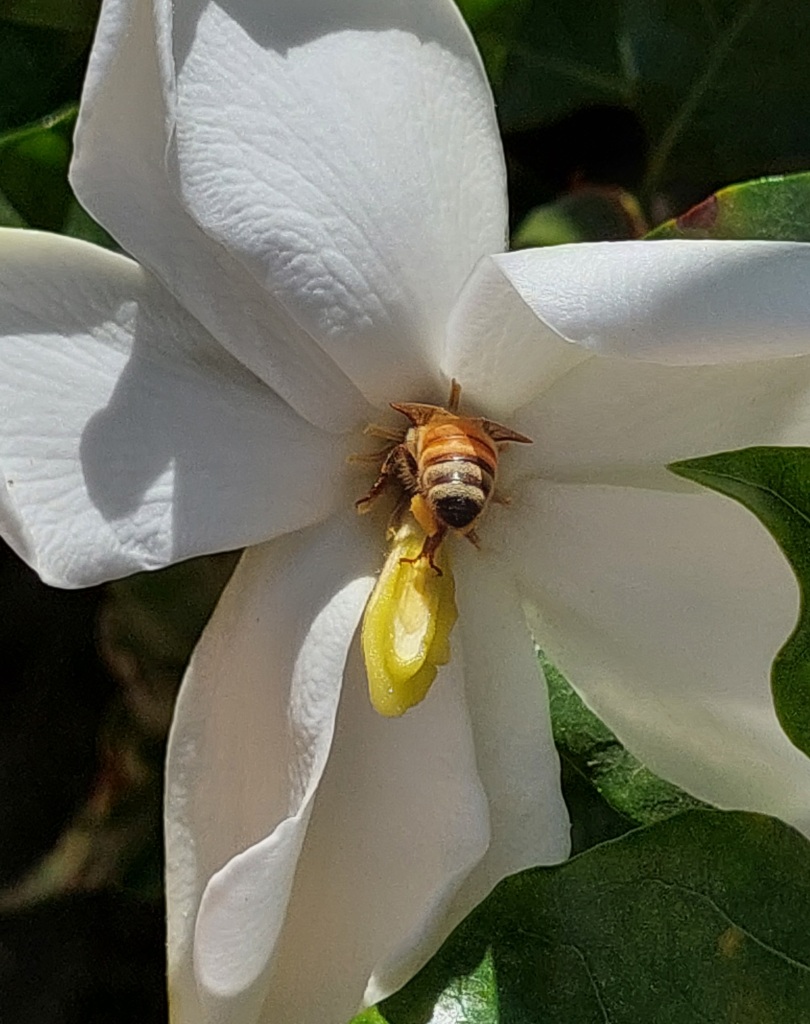
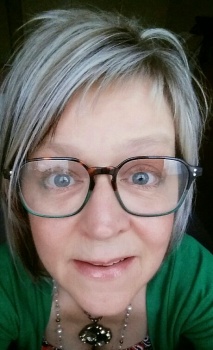

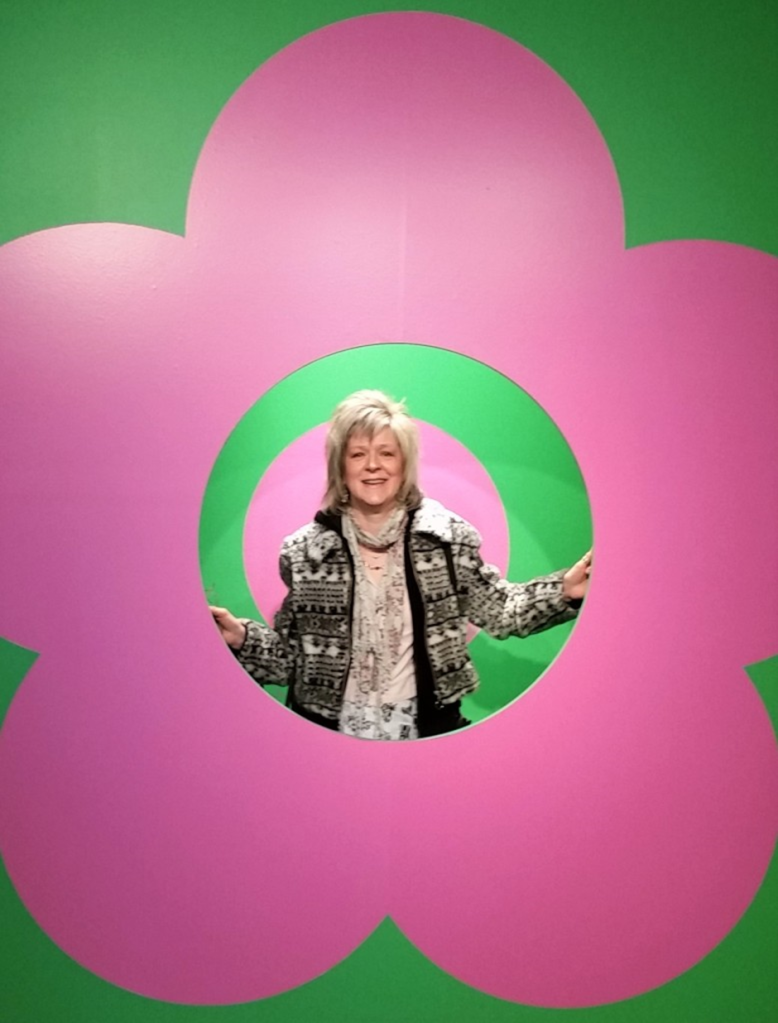
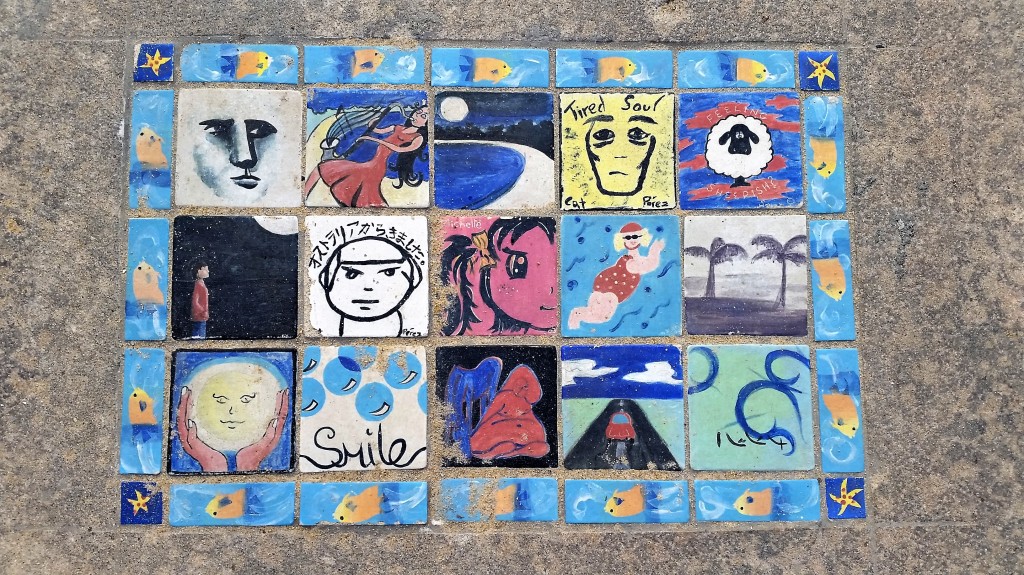

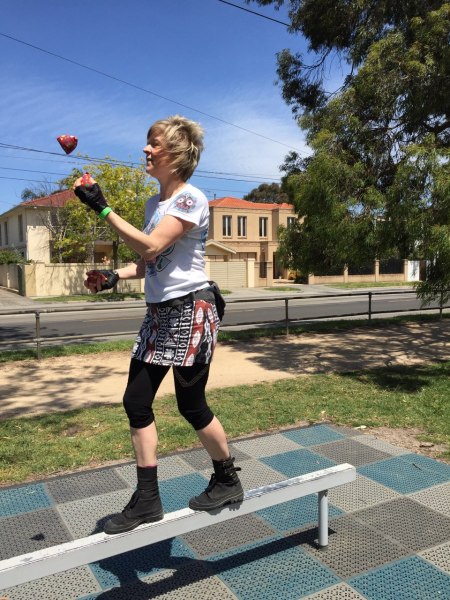 Humans can do alot of things, like juggling whilst walking a balance beam. But we are also blessed with a particular skill. Speech.
Humans can do alot of things, like juggling whilst walking a balance beam. But we are also blessed with a particular skill. Speech.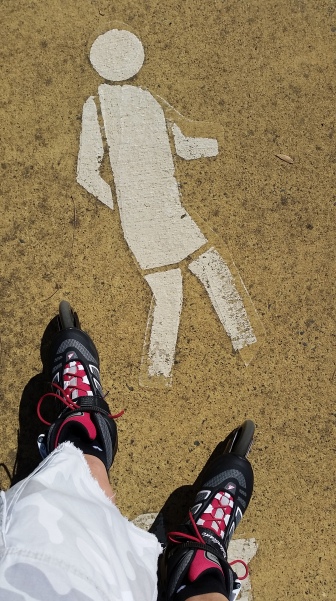
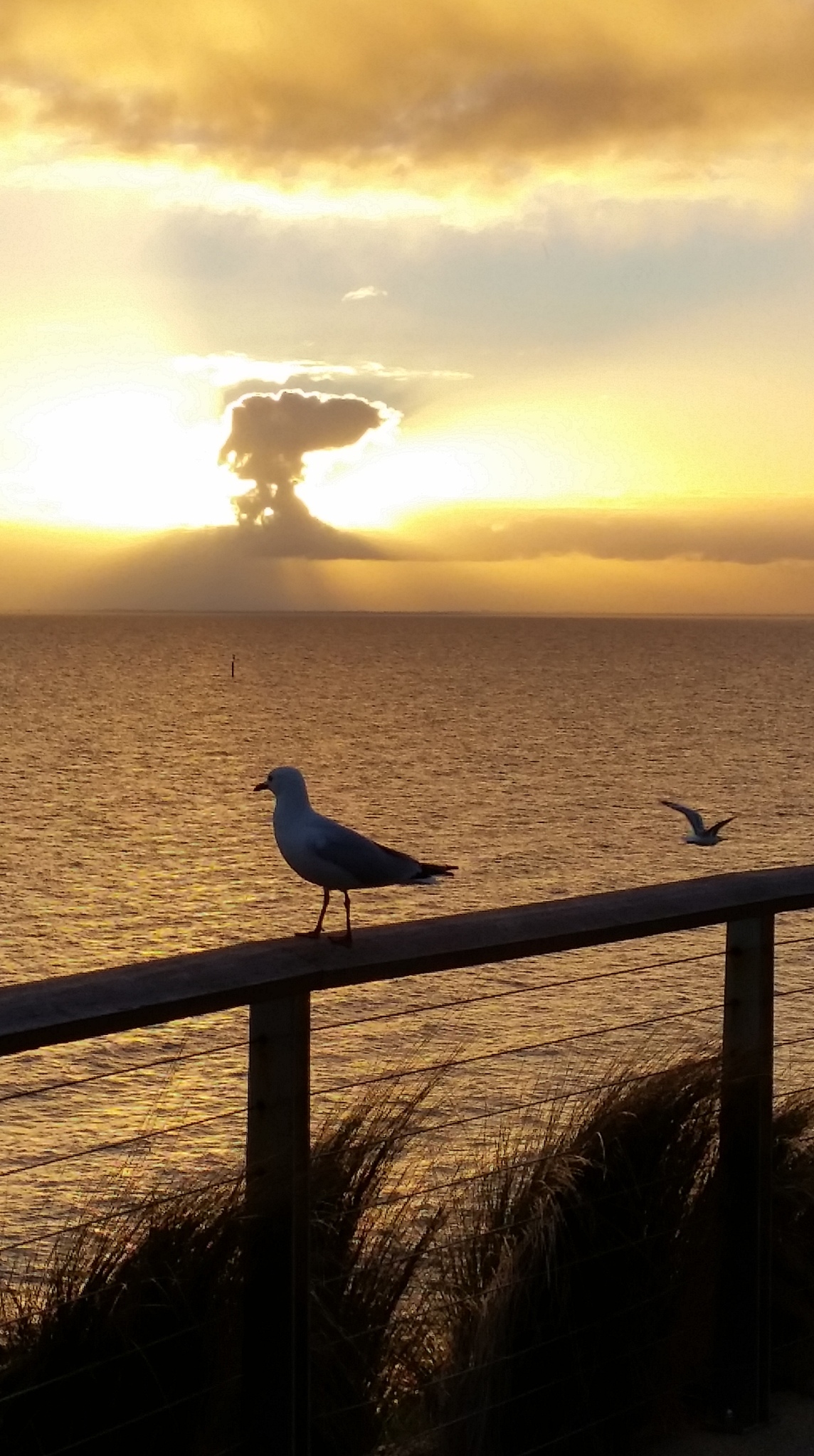
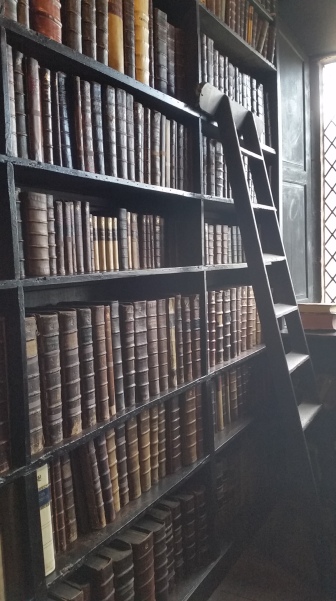 For the last few months the second book has been taking up all of my writing time, but I hope to have a ‘teaser’ for you soon, with details of what to expect.
For the last few months the second book has been taking up all of my writing time, but I hope to have a ‘teaser’ for you soon, with details of what to expect.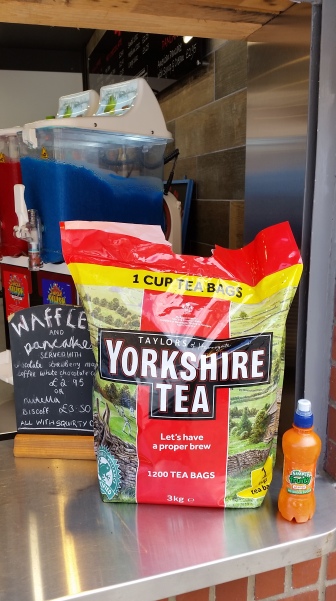


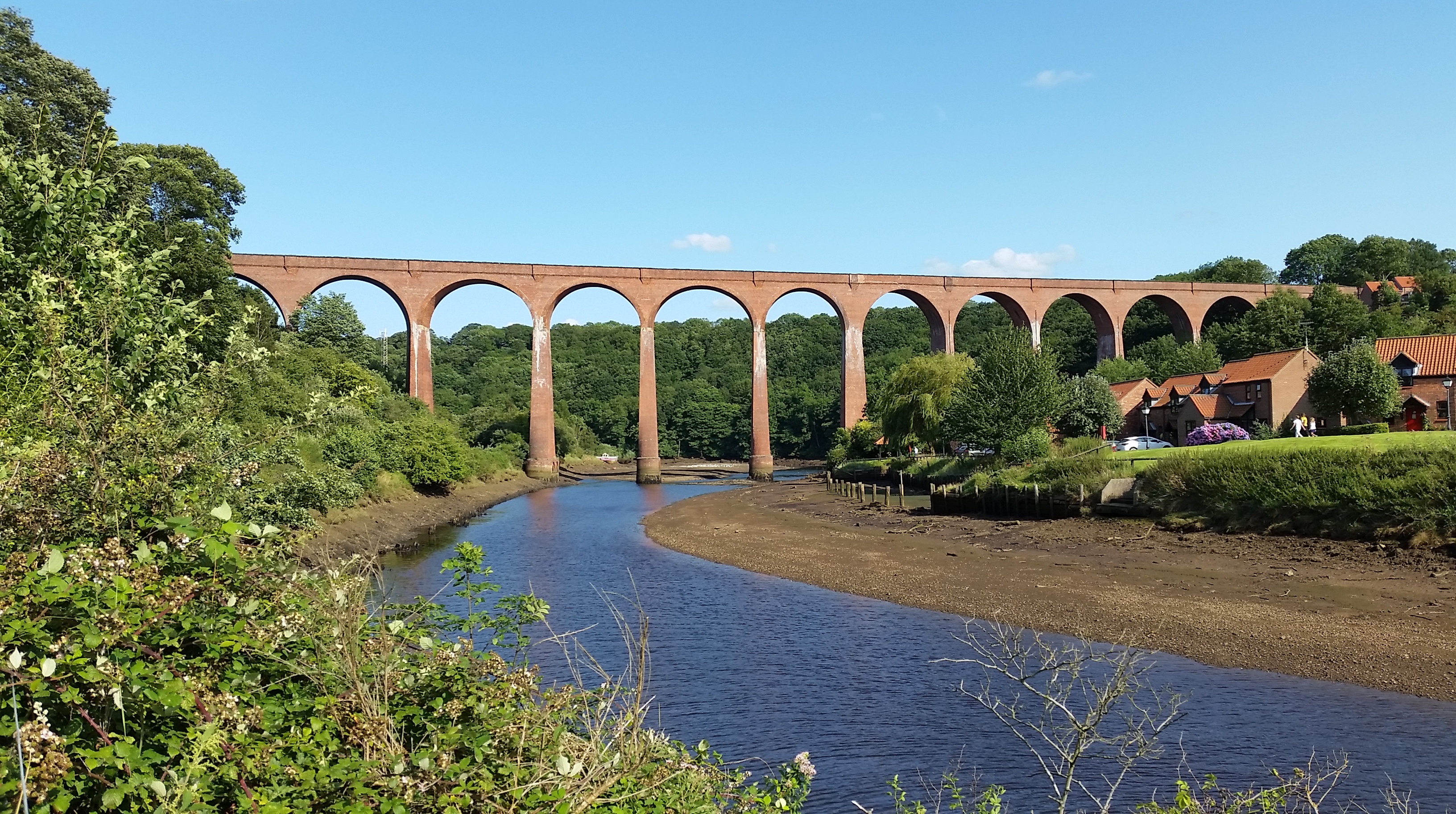
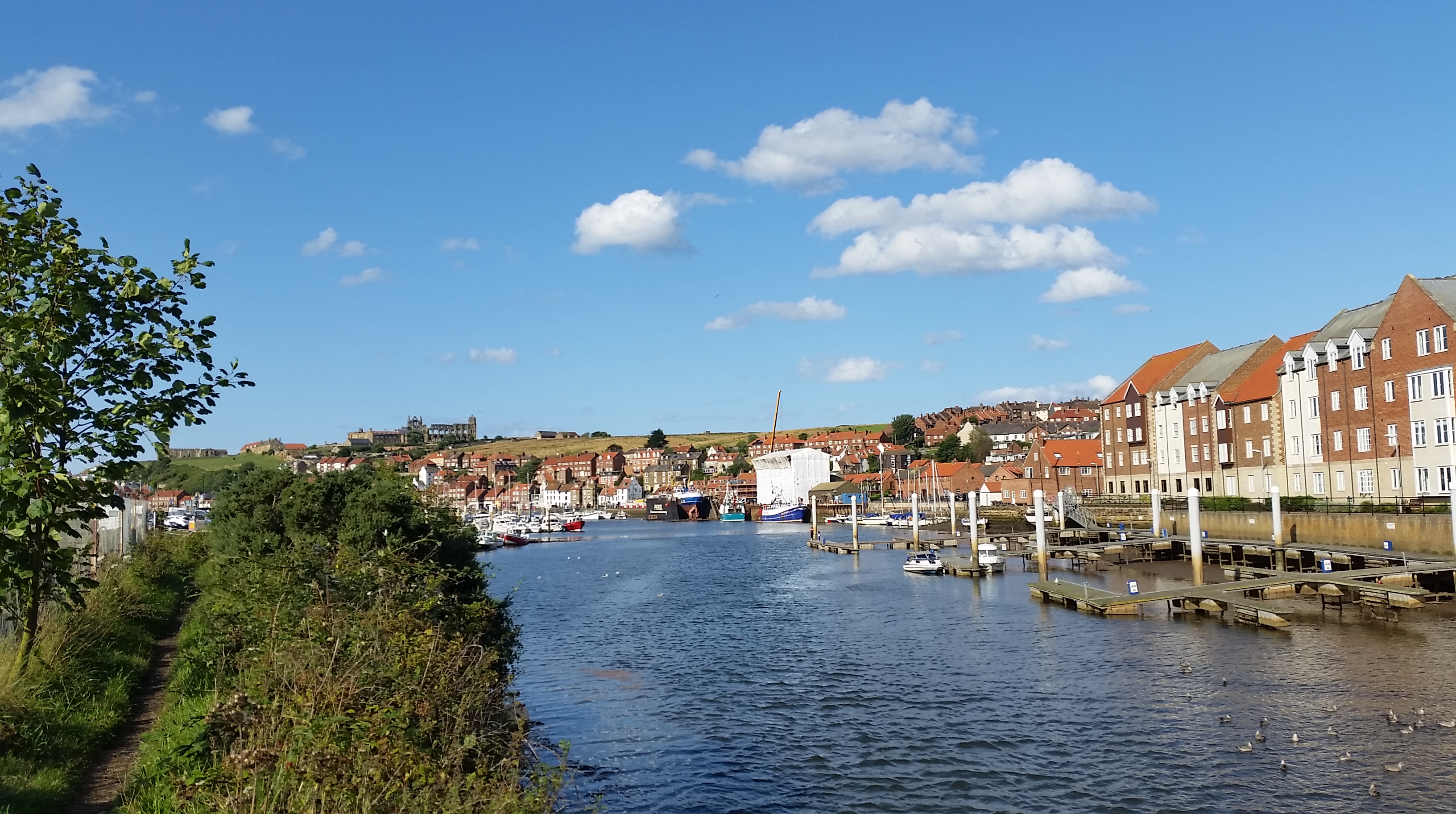
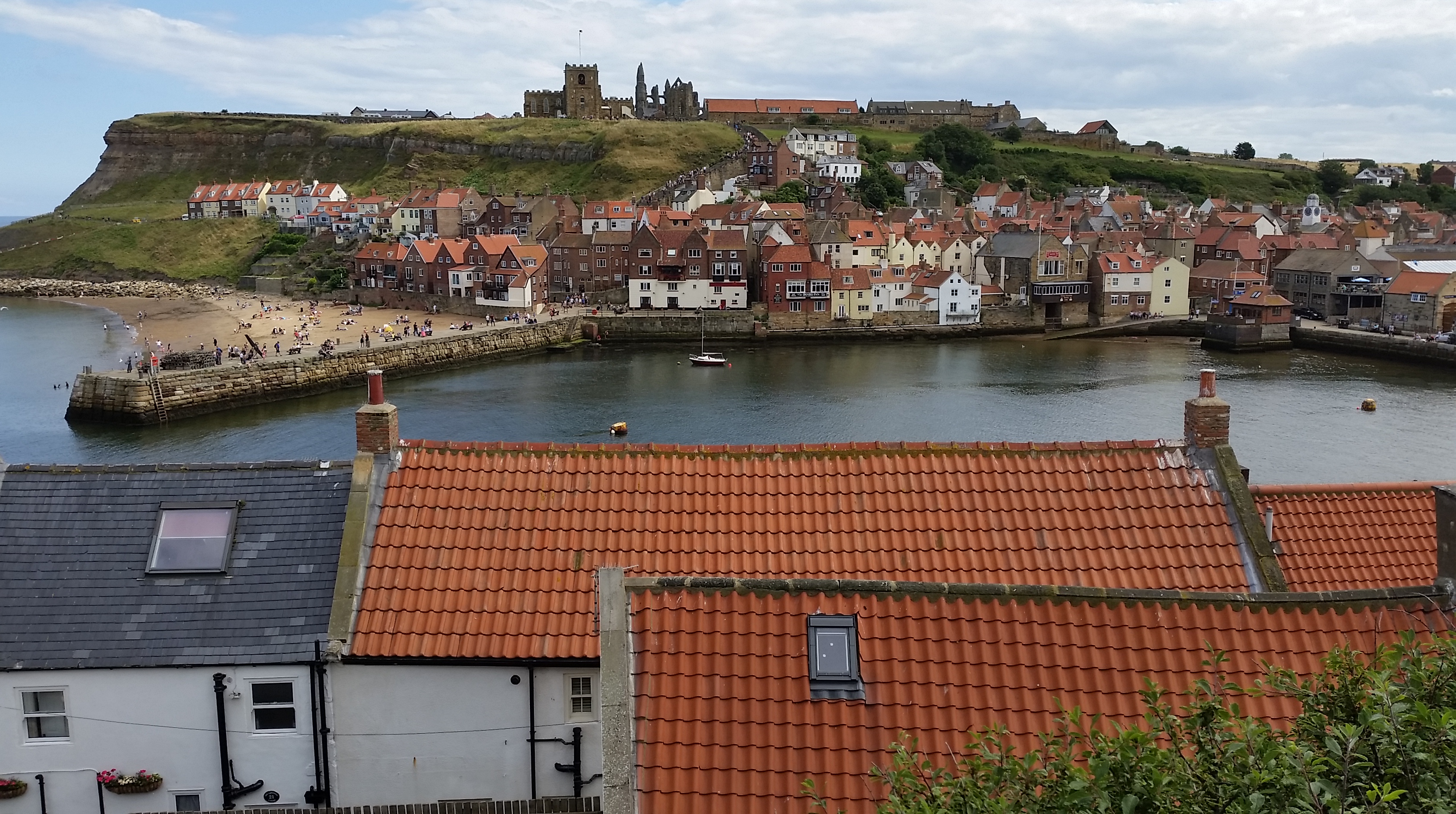
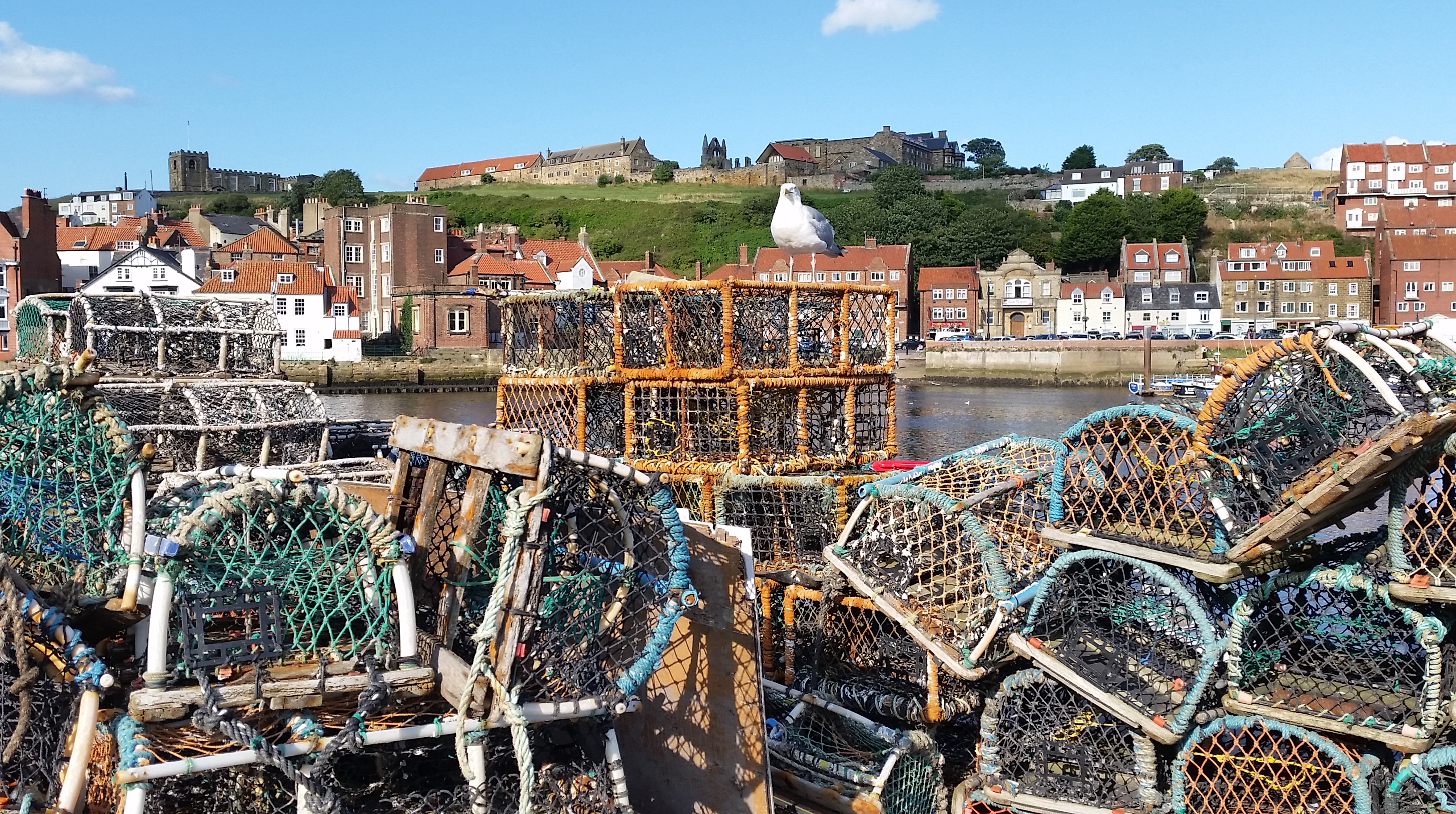
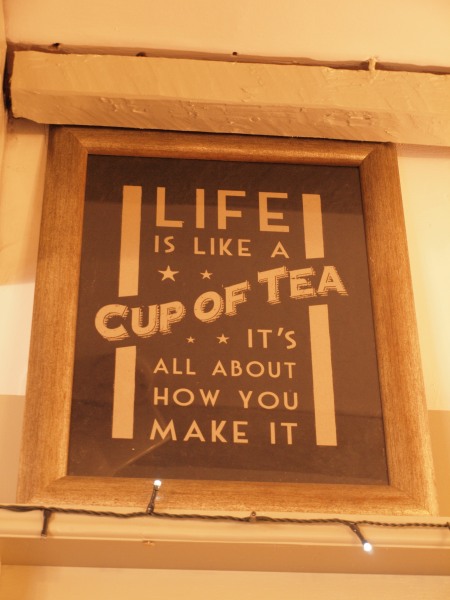
You must be logged in to post a comment.